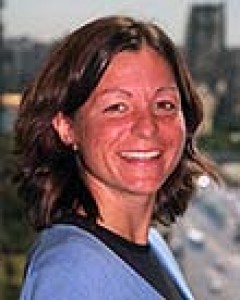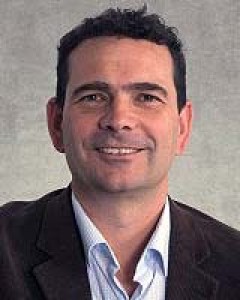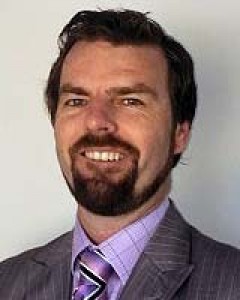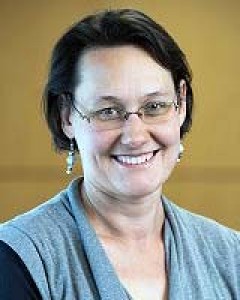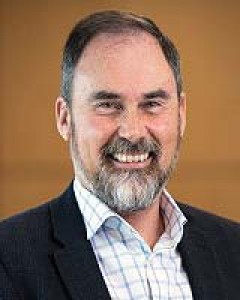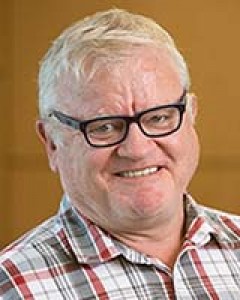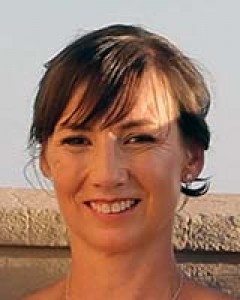Now published, see the full article 
Early Abstract:
Rural health services, and the workforces that provide those services, are under unprecedented pressure due to insufficient health workforce numbers and distribution of health workforce weighted to urban areas. This creates health service access issues in rural areas further compounding existing health inequalities between rural and urban people. Multiple approaches to date have aimed to rectify these issues with moderate success. In this paper we present a call to action, to pursue a complementary approach – that being supporting the capability of the rural health workforce. We hypothesise that further exploring what it means to be a ‘capable’ rural health professional and what processes or conditions support or erode capability may additionally bolster efforts toward strong rural and remote health systems. The Capability Approach is a theory proposed by Amartya Sen, who was awarded the Nobel Prize in 1998 for this work. While the Capability Approach inspired – for instance – the UN’s Human Development Index, it has not been deeply explored in the context of rural health workforce. While still untested, a focus on capability may assist us in taking a broader view which encompasses functioning and the freedom to pursue different functioning combinations. The feasible freedom and opportunities are paramount to the concept of capability. We posit that competence is static and the responsibility of the practitioner (and their education) but capability is fluid and multi-dimensional and the responsibility of the practitioner, community and system. Therefore, we hypothesise that if we focus on a Capability Approach, which modulates the relation between the contextual factors and outcomes, this may provide us with greater understanding and avenues for action when we aim to improve outcomes such as rural health service sustainability. Developing a list of appropriate capabilities and setting strategies to support capability and its more nuanced domains may present unique opportunities for influence and these may have positive effects on the rural health workforce. Of course it will need to be determined if improving rural primary health professionals’ capability has positive impacts upon quality and access to care; and whether supporting capability is sustainable and worthy of investment.
